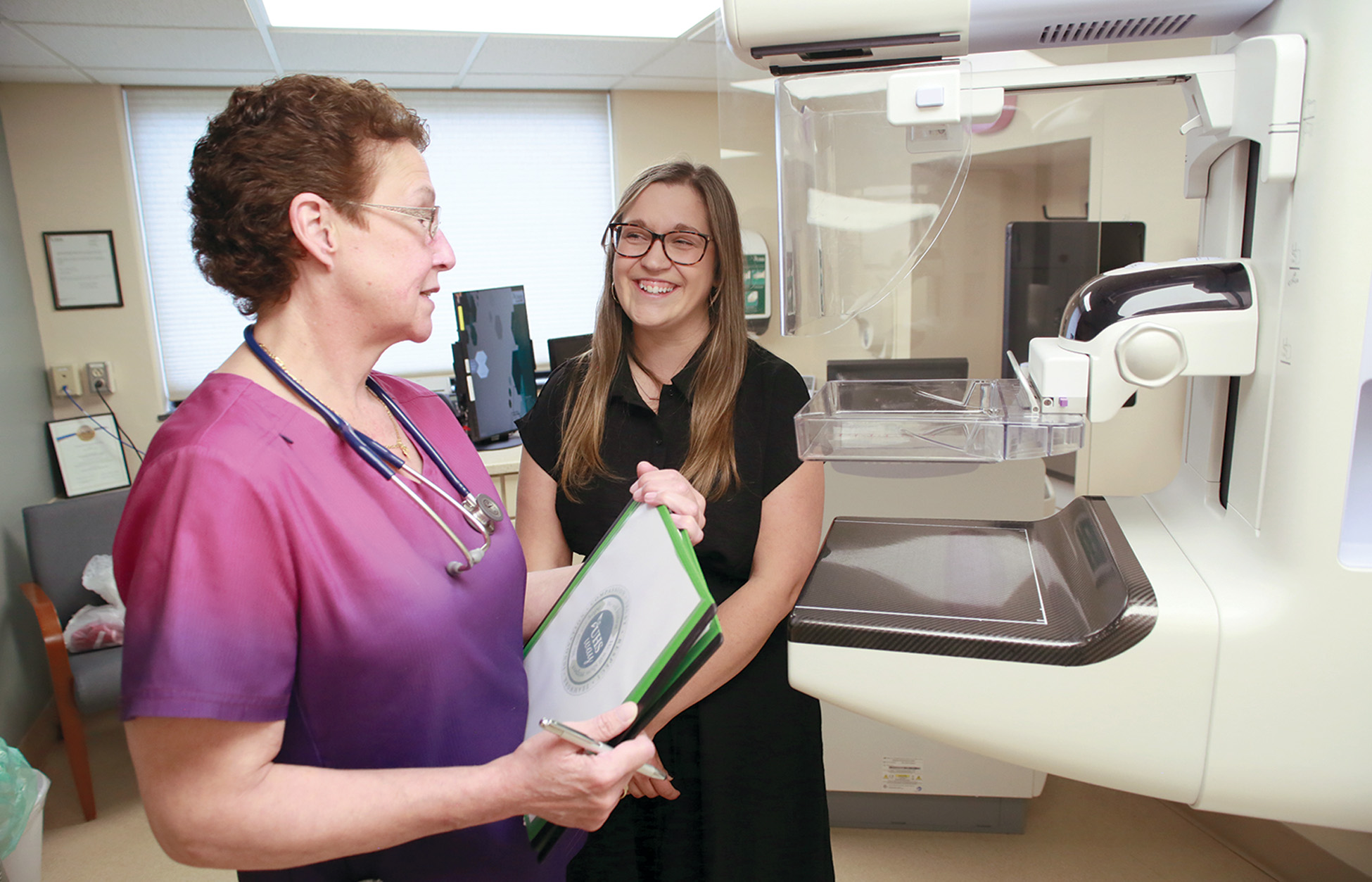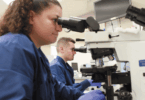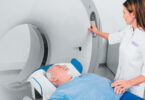Early detection through preventive screenings can save lives
Cancer screenings are an incredibly valuable tool for early detection that can save lives. They are the biggest defender in the fight against cancer. While preventive screenings are the best line of defense, many people may avoid in-person doctor visits for a variety of reasons.
“The whole purpose of screening for any disease process is to find the disease in its earliest stage of progress when it’s easier to treat or easier to cure,” says Michael J. Farrell, MD, breast surgeon, UHS Breast Center.
While this is true of most diseases, it is particularly important for cancers such as breast, colorectal, lung and cervical cancer. With an estimated 123,430 new cancer cases expected in New York State in 2025, staying informed about the benefits and timing of these screenings is more crucial than ever. Delaying screenings means people with cancer may not be diagnosed at an earlier stage when it is more treatable.
Regular screenings can detect cancer before symptoms appear, increasing the chances of successful treatment and survival. It is vitally important to stay up to date with your screenings to help protect your health and mitigate cancer risk. If you think you might be due for a screening, now is the time to talk to your provider.

UHS Chenango Memorial Hospital Opens New Women’s Diagnostic Imaging Center
UHS continues to expand access to essential screening services. The newly opened Women’s Diagnostic Imaging Center at UHS Chenango Memorial Hospital offers a safe, welcoming environment for women’s health needs.
Located on the hospital’s first floor, the center doubles mammogram capacity and features advanced 3D mammography, bone density scans and ultrasound services.
This new suite highlights UHS Chenango Memorial’s ongoing commitment to delivering compassionate and innovative care for women in Chenango County and surrounding communities.
SCHEDULE
An appointment with UHS Diagnostic Imaging Norwich. Call 607-337-4149.
Recommended Cancer Screenings for Women
| Cervical Cancer | Start at age 21 with a Pap test every three years. After 30, switch to an HPV test every five years. |
| Breast Cancer | Begin annual mammograms at age 40. Start earlier if there is a family history. |
| Colon Cancer | Begin screening at age 45 with a colonoscopy every 10 years or yearly stool tests. Start earlier if at higher risk. |
| Lung Cancer | Ages 50 to 80 with a history of heavy smoking should get annual low-dose CT scans. |
| Skin Cancer | Perform monthly self-checks. |







